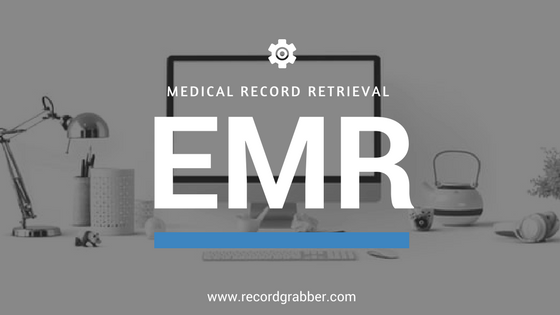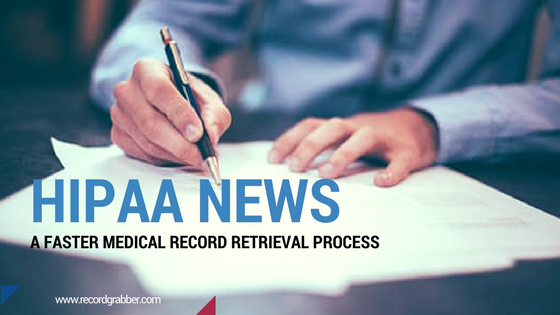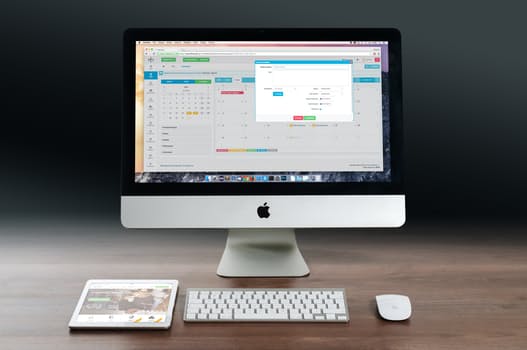In the cutthroat world of mergers and acquisitions, many aspects of an organization’s practice will change. As the wheels of employee, equipment and process merger completes, it could be the right time for senior decision makers to opt to move to outsourcing their record storage and retrieval. It is also a time to evaluate your obligations.
Merging Two Sets of Records Can Cost
Not just money, but time too. As the merger goes through, you want as smooth and as seamless a transition as possible, especially if a large group of people are relocating. You will need to make space for your records (on your server if digital, physical space if hard copies) and ensure that the systems are compatible. Compatibility can be an issue where businesses use custom software that were never designed to work together.
Working Out Obligations for the New Collection
Records retrieval, storage and management can be complex. That’s why organizations like Record Grabber exist in the first place, they take the hard work away from establishments. Your obligations of the new material may differ depending on the types of document. If they are record types you’ve never handled before, you and your employees are going to need to learn the new legal standards.
Stakeholders May Have Different Access Processes
No two organizations are the same. Interested parties (lawyers, healthcare professionals, administrators, insurance companies) may have had a set procedure to access records. How the two merging companies handled such requests may have vastly differed. You will need to come up with a new system that keeps access efficient and halts potential confusion. Not everybody is going to be happy about the new way of doing things.
The Logistics
Even with the smoothest transition in the world, there will be snags. Do you use electronic or manual access? Barcode scanners? What are your security and data protection protocols? Merging the files may be the easiest part of the merger; merging the two systems of access may be the most difficult.
Maybe Now is the Time To Outsource?
When you outsource your records, much of this hard work will be taken off your hands. Record Grabber has a standardized system that we have used for many years. Organizations outsource to us because they know our dedicated and efficient system has survived many client mergers. All the way through, we have continued to offer the same high quality service.











